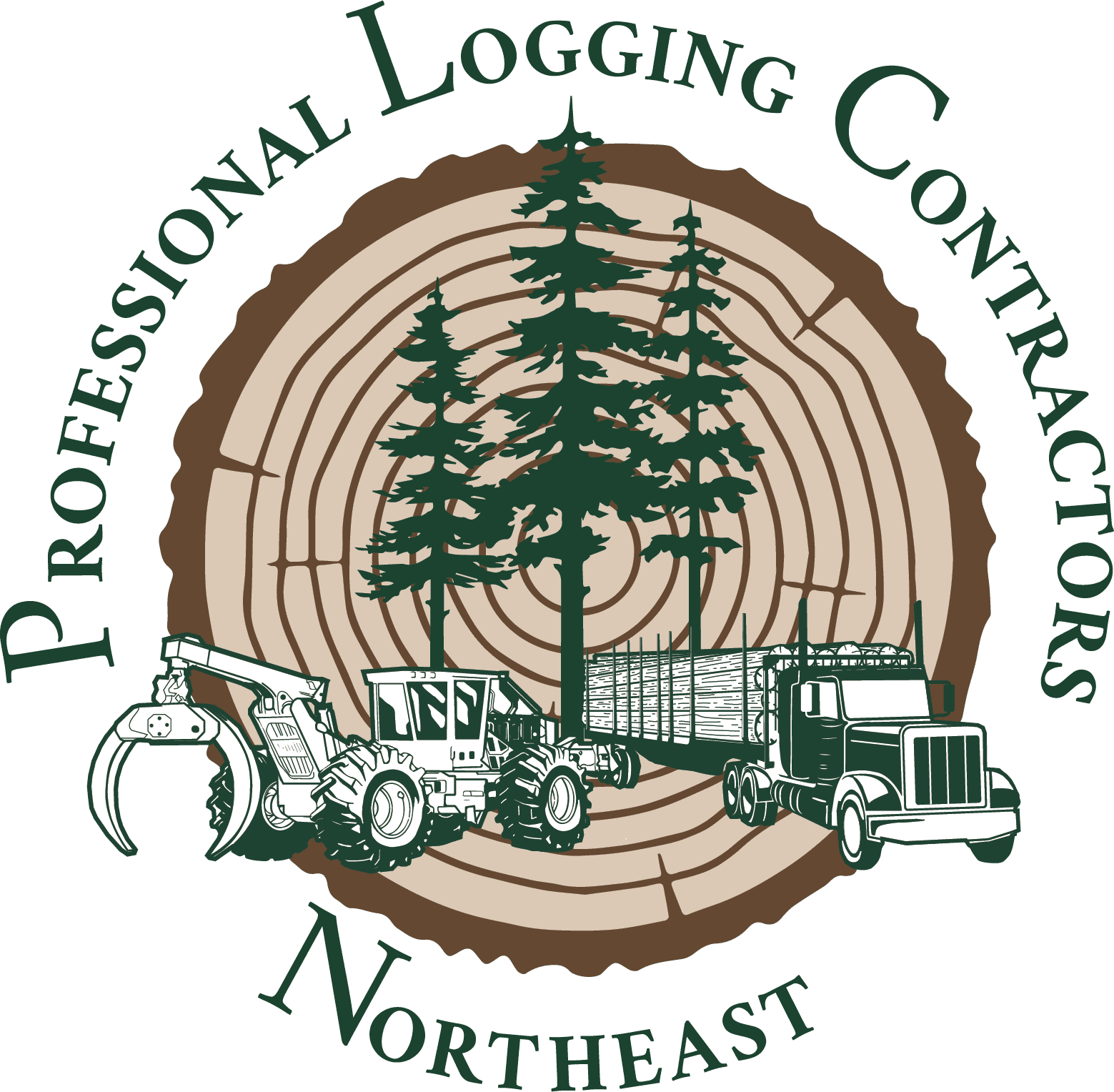By-passing the Gatekeepers: Reaching Your Own Conclusions
Next month, you will be asked to consider candidates for office, where you stand on referendum questions, and make decisions on various local, state and federal policy issues; all in the context of running your business at a profit.
One of the challenges in deciding upon a course of action when it comes to things like voting, pending legislation, public works projects, educational programs, and the like is combing through what is often a massive amount of data to arrive at a sensible decision.
More importantly, the data you’re looking at is delivered through a gatekeeper who determines what information you get and what information gets suppressed. It’s not enough to simply gather information from “multiple sources” (say online news media) because that approach can leave you with a lot of data coming from the same gatekeeper, simply giving the appearance of diversification when in fact you’ve oversampled data from a particular gatekeeper. Your “right” decision may be different from the next person, but in order to arrive at your “right” decision you must have a way to by-pass the gatekeepers to view the data objectively.
A few things to make clear from the start:
1) A gatekeeper is simply the filter – it is not necessarily good or bad (although often it can be).
2) Nearly all information comes through a gatekeeper, so bypassing the gatekeepers is really about you processing the information you receive.
3) It is impossible to get unbiased information. Despite the best intentions of the presenter, all data has a bias. Anyone who tells you differently, is either lying to you or they don’t understand bias.
4) In today’s politically correct culture, bias has gotten a bad name. At its core, bias is a set of preferences and in many cases principles. Can bias be negative? Sure can. Can bias be positive? Of course. Bottom line is don’t let the word bias intimidate you; understand bias for what it is.
5) The rest of this article will serve up a healthy dose of bias. You should be able to pick it up, but if you can’t, just refer back to number 3 above.
OK, on to bypassing the gatekeepers. For policy issues, here are some things to think about:
1) Is what’s being advocated, something that falls under the jurisdiction of government? Does it need to? The money to fund government programs comes from taxes and fees so in other words, is this something you would like to pay for? If so, is this something others should be coerced to pay for too?
2) Is this solely a government sector proposal, solely a private sector proposal, or a hybrid (government/private sector partnership)? Hybrids are like oil and water, they don’t naturally mix. Why is a partnership proposed? Is it required? Why? Who benefits, Who suffers? Is there another way to accomplish the same goal without mixing the two?
3) What are the Strengths, Weaknesses, Opportunities and Threats? In the world of finance this is called a SWOT Analysis. You probably already use some sort of a SWOT analysis without even thinking about it when you make day to day decisions. For complex policy questions this often requires a little quiet time, a pen and some paper. Make a list with a section for S(trength), W(eakness), O(pportunity), and T(hreat). In the beginning take a few minutes and just write thoughts down as they come to you for each category. Don’t worry about filtering them in the beginning; just get them down on paper. You may be surprised with the list you end up with. Then you can go back and filter the list to include your biases.
4) Who’s strongly in opposition and why? If there is a lot of opposition from a particular group – even if you think you are with them, try looking at the issue from the contrarian viewpoint then focus in on finding the underlying (sometimes hidden) reasons for their opposition.
5) Who’s strongly supporting this and why? If there is a lot of support from a particular group – even if you think you are with them, try looking at the issue from the contrarian viewpoint then focus in on finding the underlying (sometimes hidden) reasons for their support.
6) Finally, does what is being proposed violate any of your bedrock ethical moral absolutes or principles. Engage your bias here – there are just some lines you should never cross, no matter how good a deal seems, or how many rationalizations you can come up with.
These steps can also be utilized in other areas of life outside the policy and elections sphere such as buy/sell, hire/fire, expand/contract, and personal life decisions.
Finally, and most importantly, do not take my word for it. Remember what I said about bias? You will just have to try this way of thinking for yourself and draw your own conclusions. Then again, that’s actually the whole point of this article.
Mike Beardsley is the Executive Director for the Professional Logging Contractors of Maine whose office is located in New Gloucester, ME.
The American Loggers Council is a non-profit 501(c)(6) corporation representing professional timber harvesters in 30 states across the US. For more information, visit their web site at www.americanloggers.org or contact their office at 409-625-0206.

